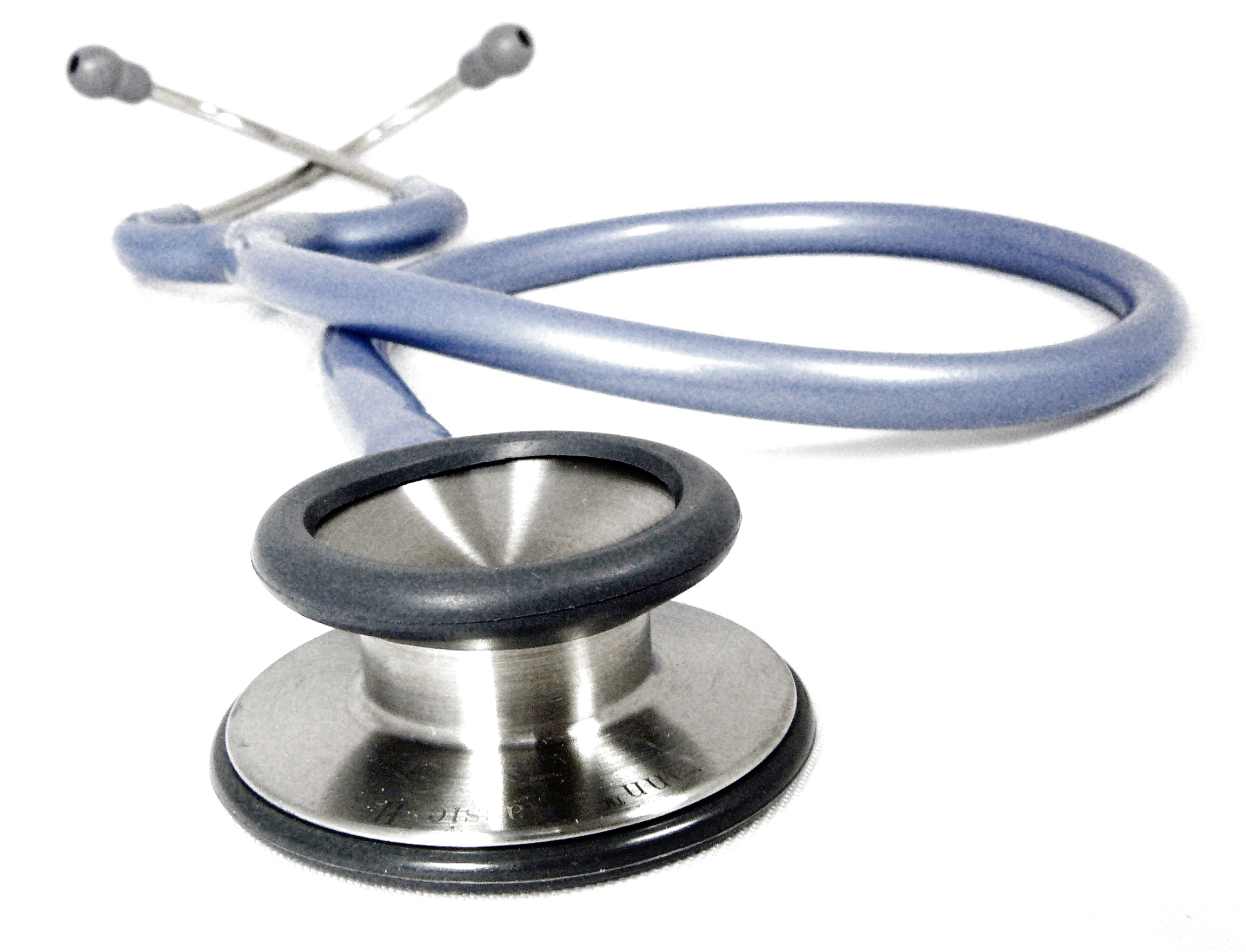
A few years back I had classic symptoms of diabetes and I went to see a doctor. The doctor recommended sixteen blood tests and he was insistent that I carry out the tests at a laboratory of his choice.
At the same time, he gave me two medicines without telling me what exactly they were. When I went to buy them, I figured out that they were anti-depressants. I found it difficult to figure out as to why he had recommended these medicines. I tried to remember the questions he had asked and my answers to them.
One question that he had asked was whether I had any anxiety. I had said yes. I was in the middle of writing a big book and had trouble sleeping on some nights.
I never got around to having the medicines or getting the bloody tests done, and decided to go to another doctor, who started with four blood tests not sixteen and no medicines.
What this doctor and many other doctors make use of is something the economists refer to as asymmetry of information. It essentially refers to a situation in any economic transaction where one party has more information than the other. As Guy Sorman writes in An Optimist’s Diary “Economic actors don’t all have the same information at their disposal.”
So, when we go to a doctor, the doctor clearly has more information or at least is believed to have more information than we have about the human body. Doctors use this asymmetry of information to try and make more money by ordering a battery of tests which are not required. At times, it can mean a longer stay in the hospital than is necessary. Patients typically don’t question this because the belief is that ultimately the doctor knows better.
As K Sujatha Rao, a former bureaucrat who has worked extensively in the health area, writes in Do We Care? — India’s Health System: “Asymmetrical information endows providers with power and authority over the patients who have incomplete information about what ails them. Providers then take advantage of such moments of vulnerability by ordering a battery of tests, unnecessary surgeries, or prescribing high-cost medicines.”
What allows the doctors and the infrastructure backing them to do as they please, is the fact that there are no regulations going around. As Rao writes: “There are no regulations, accountability, and transparency regarding the functioning of private hospitals and diagnostic centres per se, though they provide a major share of care. Apart from illiteracy and absence of grievance redressal systems, information campaigns on unhealthy habits of behaviour have been severely comprised for want of funding and attention.”
Better regulation and grievance redressal mechanism can provide some help to prospective patients who are currently sitting ducks for medical professionals to aim at.
A similar information asymmetry also plagues savers looking to save their money in banks in the form of fixed deposits. Chances are you might walk into the bank wanting to save your money in the form of a fixed deposit but end up with an investment in some type of insurance policy, because the wealth manager at the bank convinced you.
The products are very different. Insurance policies lack liquidity, which fixed deposits have. Insurance policies cannot guarantee returns, which fixed deposits do. But insurance policies provide huge commissions to those selling them. And this is why wealth managers are so aggressive in wanting to sell them. Over the years, regulation on misseling has improved and that has been of some help.
In fact, in many cases, I have come to the conclusion, even the bank staff does not know what they are selling. But the solution here is straightforward. The right way of investing can be learnt by reading up and understanding the basics of different financial products on offer. This way the asymmetry of information can be brought down or completely removed, when it comes to financial products.
But the same cannot be done when it comes to doctors and our understanding of the human body.
The column originally appeared on August 23, 2017, in the Bangalore Mirror.